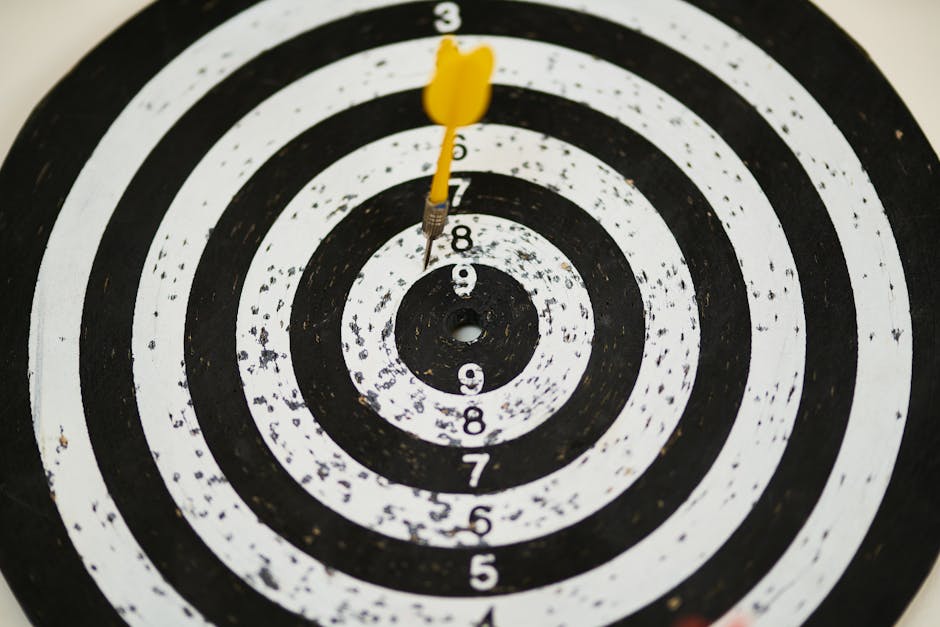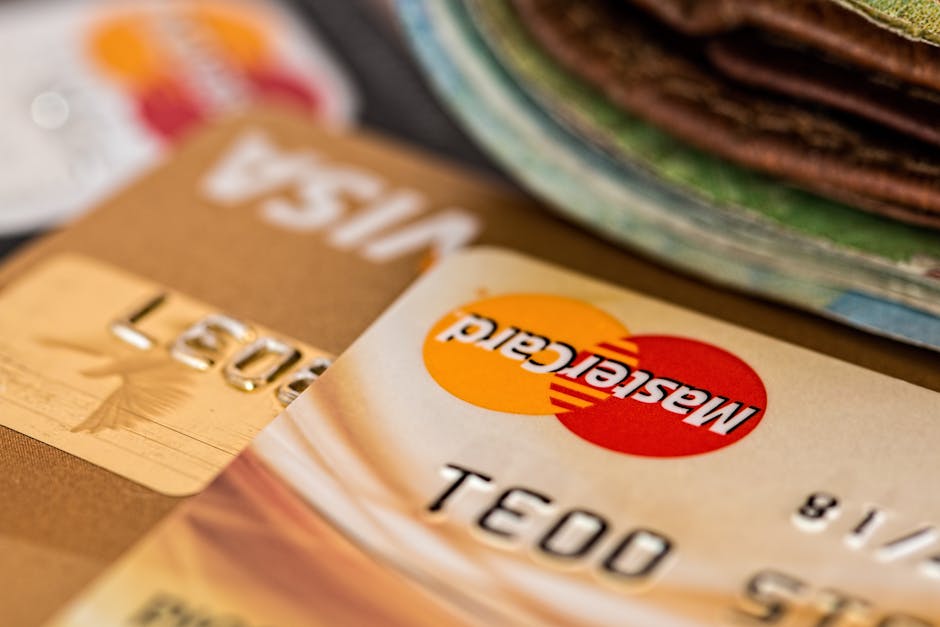What is the best way to use Credit Responsibly and Avoid Debt?
Credit is an incredibly powerful financial tool that can be used wisely to grow personal wealth. Unfortunately, if credit is used irresponsibly and too freely it can lead to debt, which can be incredibly difficult to recover from. To avoid the risks of debt, it is important to be savvy and responsible when using credit and to understand how credit works and how different financial products can affect your credit score.
Understanding Credit
To use credit responsibly and avoid debt, the key is to understand how credit works. A credit score is a numerical representation of an individual’s credit worthiness based on credit history and payment history. Credit scores are typically quoted using a score range of 300-to-850 and are the primary factor used by lenders to determine how creditworthy a person is. The higher the score, the more likely a person is to be approved for a loan.
Types of Credit
There are two primary types of credit: unsecured and secured. Unsecured credit is a loan where the creditor does not require any form of collateral to back the loan, such as a car, boat, or house. Examples of unsecured credit include credit cards and personal lines of credit. Secured credit is a loan where the creditor requires an asset or collateral to back the loan, such as a car, boat, or house. Examples of secured credit include mortgages and auto loans.
Use Credit Wisely
When it comes to using credit responsibly and avoiding debt, the most important thing to do is to pay off your debt on time and in full each month. Missing a payment can have a major impact on your credit score, and it can take months to improve your score after one late payment. Additionally, it is important to make sure that you aren’t taking on more debt than you can handle. Ideally, you should try to keep your total credit card balance as low as possible and limit your spending to what you can afford.
Understand Your Credit Report and Credit Score
It is also important to understand your credit report and credit score. Your credit report contains all of your credit history, including all of your accounts, payment histories, and any outstanding debt. You are entitled to a free credit report each year from each of the three major credit reporting bureaus: Experian, Equifax, and TransUnion. It is important to review your credit report regularly to make sure that all of the information is accurate. Additionally, it is important to understand how each of your different accounts and loans are affecting your credit score.
Use Credit Cards Carefully
Credit cards can be a powerful financial tool, but they can also be dangerous if used irresponsibly. To use credit cards responsibly, it is important to make sure you are never spending more than you can afford and to make sure you are paying off your balance every month. Additionally, it is important to make sure you are only using cards with low interest rates, so you are not paying more than you need to.
Resources for Further Study and Exploration
- Information on using credit cards responsibly from the United States Government
- A guide to understanding your credit score from Nerd Wallet
- A guide to using credit responsibly from FICO

What are some tips for using credit responsibly?
1. Pay your bill on time, every time. Late payments can hurt your credit score and make it harder to qualify for better interest rates.
2. Keep your balances low. Your credit utilization ratio, which is the ratio of your outstanding debt balance to your available credit, can have a big impact on your credit score.
3. Don’t max out your available credit. Try to keep your credit utilization under 30%.
4. Review your credit report regularly. You can get a free copy of your credit report annually to help you spot potential inaccuracies that can be addressed with the credit bureau.
5. Shop around. Different lenders may offer different terms. Research different lenders to find the most competitive terms and the best deal for your situation.
6. Make more than the minimum payment. Aim to pay more than just the minimum payment each month in order to reduce your balance faster.
7. Strategically pay down balances. Some credit scoring models focus more on the balances of your highest interest rate loans first for maximum impact on your score.
What steps should I take to build good credit?
1. Pay Your Bills on Time: The first and most important step to good credit is to pay your bills on time. Payment history accounts for 35% of your credit score and is the most important factor. Set up reminders for yourself or automatic payments to ensure that you don’t miss any payments.
2. Pay Down Debt: High credit card balances can have a negative effect on your credit score. To improve your credit, prioritize paying off any outstanding balances.
3. Limit New Credit Applications: To improve your credit score, be selective when applying for new credit. Each time you submit a credit application, it will result in a hard credit inquiry which can have a negative effect on your score.
4. Monitor Your Credit: There are many resources available to help you monitor your credit and get alerts whenever there are changes to your credit report. Staying on top of your credit can help you address potential issues before they become a problem.
5. Establish a Good Credit Mix: Having a mix of different types of credit accounts like credit cards, personal loans, and auto loans, shows lenders that you can manage different types of credit responsibly.
6. Minimize Your Credit Utilization: Your credit utilization ratio measures how much of your available credit you are using. Limit the amount of credit you use relative to your total available limit. A credit utilization ratio of 30% or less is best for your score.
What is the fastest way to build credit?
The fastest way to build credit is to make payments on time every month and limit taking on new debt. Utilizing secured credit cards, becoming an authorized user, and setting up automatic payments can also help build credit quickly.
What kind of accounts can help build credit quickly?
The most common type of account used to help build credit quickly is a secured credit card. A secured credit card requires you to put down a deposit, usually equal to your credit limit, which is then held against your line of credit as collateral. By making regular, on-time payments, you can benefit from the same reporting and score impacts of a traditional credit card, helping you rapidly build credit. In addition, a credit-builder loan can also help quickly build credit. These loans involve borrowing a set amount of money upfront and making regular payments over an agreed-upon period of time. As you make on-time payments, the loan is reported to the credit bureaus, helping increase your credit score.
What are some good secured credit cards to help build credit quickly?
1. Capital One Secured Mastercard
2. Discover it Secured Credit Card
3. Citi Secured Mastercard
4. Wells Fargo Secured Credit Card
5. USAA Secured Credit Card
6. U.S. Bank Secured Visa Card
7. OpenSky Secured Visa Credit Card
8. First Progress Platinum Prestige Mastercard
9. Bank of America Secured Credit Card
10. Navy Federal Credit Union nRewards Secured Card
What credit score is needed for a secured credit card?
Most secured credit cards require a minimum credit score of 600, but some may require a higher score.
However, having a poor credit score doesn’t necessarily mean you won’t be approved, as some banks may have more lenient requirements. Additionally, there are several secured credit card providers that are designed for those with bad credit, so even if you have a low credit score, you may still be eligible for a secured credit card.
Finally, when applying for a secured credit card, it’s always best to consider any requirements or restrictions the card issuer may have. Some secured cards may come with additional fees or require a larger deposit, so it’s important to research all of the details before applying for a secured credit card.
What is the difference between a secured and unsecured credit card?
A secured credit card requires a cash deposit that will act as collateral for the purchase amount. This cash deposit is used as security in the event that any debts from unpaid charges are not made up. An unsecured credit card does not ask for a security deposit and provides the card holder with a preset line of credit. This line of credit is dependent on your credit score and the issuer’s own risk assessment. Unsecured credit cards typically have higher interest rates and fees in comparison to secured cards.
What advantages does a secured credit card have over an unsecured credit card?
1. Lower Credit Requirements: Most secured credit cards require lower credit scores than those for unsecured cards. This makes it much easier for individuals with poor, bad, or no credit history to qualify for a credit card.
2. Higher Loan Limit: Secured credit cards often provide much higher loan limits than unsecured credit cards. This makes it possible for individuals to use the card to make larger purchases, or to make a large purchase when needed.
3. Better Interest Rates: Secured credit cards generally offer better interest rates than unsecured cards. The rates are often much lower, making it easier for people to manage their monthly payments.
4. More Reward Options: Most secured credit cards come with additional reward options, such as cash-back or air miles, which can be used to offset some of the costs associated with card usage.
What is the difference between a secured and an unsecured credit card?
A secured credit card is a type of credit card that requires the cardholder to make a security deposit with the issuer. The security deposit is usually equal to the credit limit. With a secured credit card, the cardholder can access a revolving line of credit, but only up to their approved credit limit.
An unsecured credit card is a type of credit card that does not require a security deposit. With an unsecured card, cardholders are generally extending credit to borrowers on their good credit and ability to pay back their debts. Unsecured credit cards typically have higher credit limits since they are not secured by a deposit.
